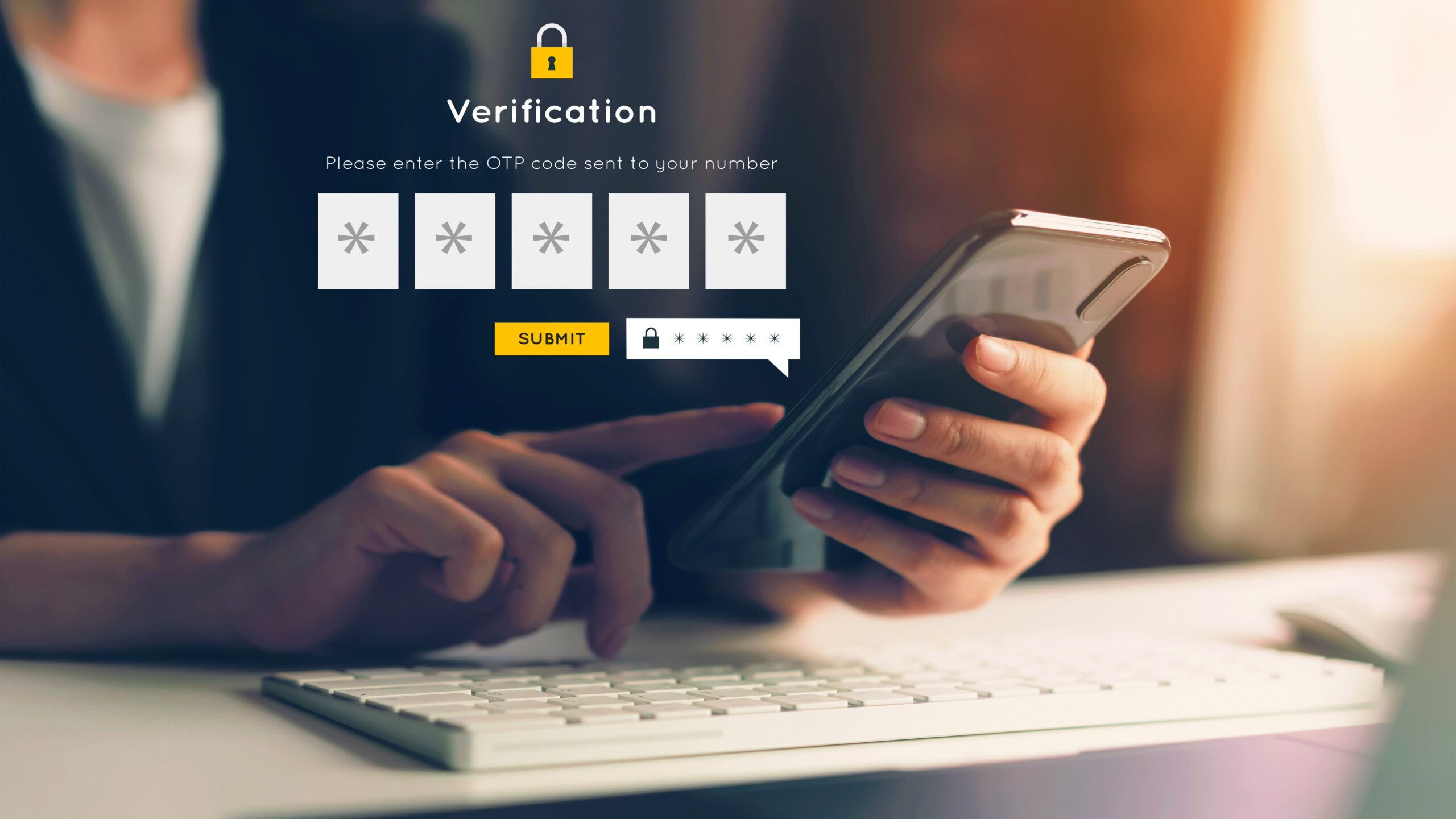In today’s digital age, privacy is something many of us highly value, especially when it comes to sharing our personal information. One of the tools many people use to protect their privacy is a free temporary phone number. These disposable numbers seem like a convenient way to keep your real phone number safe from potential scams, unsolicited marketing calls, and other annoyances. However, while these services might seem harmless, they can pose a significant risk, especially when it comes to fraud and scams. In this article, we’ll take a deep dive into the risks associated with using free temporary phone numbers and why you should think twice before relying on them.
What Are Free Temporary Phone Numbers?
A free temporary phone number is a service that allows you to receive calls or texts without disclosing your personal phone number. These numbers are often advertised as a simple and effective way to protect your privacy while still allowing you to participate in online activities, such as signing up for websites or apps. The idea is that you can use these numbers to interact with services, receive confirmation codes, or communicate with others without sharing your real number. After a short period, the number expires and becomes inactive, making it a convenient solution for situations where you only need a phone number temporarily.
These services are generally easy to access. You can simply choose a number, use it for whatever purpose you need, and then discard it once you’re done. It’s a useful tool for people who want to protect their privacy, particularly when dealing with online transactions, registrations, or services that might generate unwanted calls or texts.
However, despite their appeal, these temporary numbers come with significant drawbacks that many users overlook. One of the major risks is that the anonymity they provide can attract scammers and fraudsters. Since these numbers are often not tied to any personal information or long-term contact, they are difficult to trace, which makes them an attractive tool for malicious activity. Scammers may use temporary numbers to hide their identity while executing fraudulent schemes.
Additionally, relying on these temporary services can compromise your security in ways you might not anticipate. For instance, some free services may collect your personal data and sell it to third parties, jeopardizing your privacy. Moreover, these temporary numbers are not always secure, making them vulnerable to hacking and other forms of cyber attacks. This can leave you exposed to greater risks than if you had simply used your real phone number. While free temporary phone numbers can be a quick fix in some cases, the hidden dangers they pose make them a less reliable option for maintaining your privacy and security.
How Do Free Temporary Phone Numbers Work?
- Virtual Phone Numbers: These services provide virtual phone numbers that are not tied to a physical device or location. This means you don’t need a specific phone or SIM card to use the number.
- Online Registration: You can sign up for a temporary phone number via a website or mobile app. The process is usually simple, requiring minimal personal information.
- Short-Term Use: The number you get is typically available for a short time, ranging from a few minutes to several days or weeks, depending on the service provider.
- Deactivation: Once the designated time expires or the number is no longer needed, it becomes inactive. This means you can no longer use it to make or receive calls, send texts, or access verification codes.
- Reassignment of Numbers: After deactivation, the number may be reassigned to a different user. Some services recycle numbers after they expire to maximize their availability.
- Popular Services: Some well-known services offering free temporary phone numbers include:
- Google Voice
- Burner
- TextNow These services allow you to choose a temporary number and use it as needed.
Why Do People Use Free Temporary Phone Numbers?
| Reason | Description | Example | Benefits | Risks |
| Protecting Personal Information | People use temporary phone numbers to avoid sharing their real phone numbers when signing up for services or apps, helping keep their personal info private. | Signing up for a website, app, or online shopping platform without revealing your actual number. | Keeps your personal phone number safe from unwanted exposure. | Can lead to compromised privacy if the service collects your personal data or is hacked. |
| Avoiding Spam and Telemarketing Calls | Temporary numbers help users prevent receiving spam, robocalls, and telemarketing calls after registering for services. | Using a temporary number for newsletter subscriptions or promotions to avoid receiving follow-up marketing calls. | Reduces the volume of unsolicited calls and messages. | Some temporary services may still sell or share data with third parties, causing new spam sources. |
| Managing Multiple Accounts | Individuals who need different numbers for work, personal use, or business purposes can use temporary phone numbers to keep things organized. | Running a business and needing a number for customer inquiries without mixing it with personal contacts. | Makes it easier to manage different aspects of life without revealing too much personal info. | Managing too many numbers can become confusing, and reassigning numbers could lead to issues. |
| Privacy During Online Transactions | Temporary phone numbers offer privacy when selling items online or communicating with strangers, reducing the risk of unwanted follow-ups. | Selling on platforms like Craigslist or eBay and using a temporary number for communications with potential buyers. | Protects your real number and avoids unsolicited communication. | If the number is shared or recycled, previous owners may experience issues with the same number. |
| Avoiding Verification Hassles | Free temporary numbers can be used to receive verification codes or confirmation texts without revealing personal information. | Signing up for a new social media platform or online game that requires a phone number for verification. | Simple and quick solution for one-time verifications. | Some services may block or flag temporary numbers, making them unusable for verification. |
The Hidden Dangers of Free Temporary Phone Numbers
Free temporary phone numbers may seem like a convenient way to protect your privacy, but they come with a host of hidden risks. One of the most significant dangers is the increased vulnerability to scams. Fraudsters often target these numbers because they aren’t tied to a person’s identity. Scammers may use phishing attacks to trick users into revealing personal information or passwords, and SMS spoofing could be used to send fraudulent messages, causing potential harm to the user or others.
Another danger is the lack of accountability and traceability. Since these numbers are often anonymous and not linked to your identity, it can be challenging to report fraud or track down malicious actors. Without any traceable details, it’s much harder for authorities or service providers to help recover lost information or stop scams once they’ve started. This anonymity makes it easier for scammers to operate without consequences.
Data privacy is also a major concern when using free temporary phone numbers. Many of these services rely on data collection or advertising as their main source of revenue, which means they may sell your information to third parties. This compromises your privacy and exposes you to potential data breaches. Some of these platforms also lack strong security measures, making your personal data vulnerable to hackers who could gain unauthorized access.
Finally, free temporary phone number services typically offer limited customer support, leaving you in a difficult position if something goes wrong. If you encounter issues with your temporary number or become the victim of a scam, it can be challenging to get the help you need. The lack of customer service means that resolving any problems or recovering access to important accounts could be significantly harder, further increasing the risks of using these services.
When Should You Avoid Using Free Temporary Phone Numbers?
There are certain situations where using free temporary phone numbers becomes riskier and could lead to complications. It’s important to recognize when these services should be avoided for the sake of your safety and security. Below are a few scenarios where you should refrain from using these numbers:
- Account Verification for Sensitive Services
If you are signing up for services like banking apps, email providers, or other platforms that store sensitive personal or financial information, avoid using a free temporary phone number. These platforms require phone number verification for account security and identity confirmation. Using a disposable number could lead to issues in account recovery if you lose access to your account, as these numbers are often untraceable. - Job Applications
When applying for a job, it’s important to provide a valid and traceable phone number. Employers often use your phone number for interviews, background checks, and other essential communications. If you use a temporary number, it might raise red flags and make you appear untrustworthy. This could hurt your chances of landing a job, as employers may doubt the authenticity of your contact details. - High-Value Transactions
For high-value transactions, such as buying or selling expensive items (e.g., cars or electronics) or handling large financial purchases, a temporary phone number may put you at risk. Scammers often target individuals involved in these transactions, and the lack of accountability with a disposable number makes it harder to trace fraudulent activity. For your protection, it’s best to use your real number to ensure transparency and security in such dealings.
Alternatives to Free Temporary Phone Numbers
| Alternative | Description | Security Features | Benefits | Limitations |
| Paid Disposable Number | These are temporary phone numbers you can purchase for short-term use. They are generally more secure. | Enhanced security features, customer support, call forwarding options | Reliable service, extended number usage, better privacy | Paid service, may not be free |
| Authentication App | Apps like Google Authenticator or Authy generate unique codes for account verification, replacing phone numbers. | Adds 2FA (Two-Factor Authentication), secure code generation | Does not rely on phone numbers, increases account security | Requires phone or device for setup |
| Google Voice | Google Voice provides a secondary number linked to your Google account, offering privacy protection. | Encryption, better security protocols, call blocking features | Offers long-term use, encryption, and additional features | Limited to Google services, U.S. users mainly |
| Burner App | A paid app that provides temporary phone numbers for specific tasks like business or online transactions. | Call forwarding, number expiration, blocking unwanted calls | Good for specific tasks, reliable service | Paid service, temporary in nature |
| SecondLine App | This app allows you to create an additional phone number for privacy without the need for a physical SIM. | Encryption, call forwarding, voicemail options | Offers local and international numbers, ideal for business or personal use | Not always free, may require subscription |
How to Spot a Scam Involving Temporary Numbers
If you’ve used a free temporary phone number or have been contacted by someone using one, it’s essential to stay vigilant and know how to spot potential scams. The first red flag to look out for is unsolicited messages. If you receive unexpected calls or texts, especially from unknown numbers, it’s a sign that something might not be right. Scammers frequently use temporary numbers to mask their identity and trick people into revealing sensitive information or performing actions that benefit the scammer.
Another indicator of a scam is when you receive suspicious links. Scammers often send messages with links to fake websites designed to steal your personal details or infect your device with malware. It’s critical not to click on any links or download attachments from these temporary numbers, as they may not be secure. Even if the message appears to be from a legitimate source, always double-check before engaging further.
Additionally, be cautious of offers that seem too good to be true. Scammers often use temporary phone numbers to hide their identity while offering unrealistic deals. If you receive an offer that promises something too perfect—like a free product or a huge discount—there’s a high chance it’s a scam designed to collect your money or personal information. Always approach such offers with skepticism and do your research before responding.



